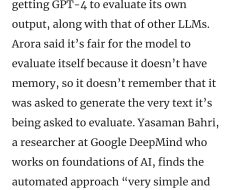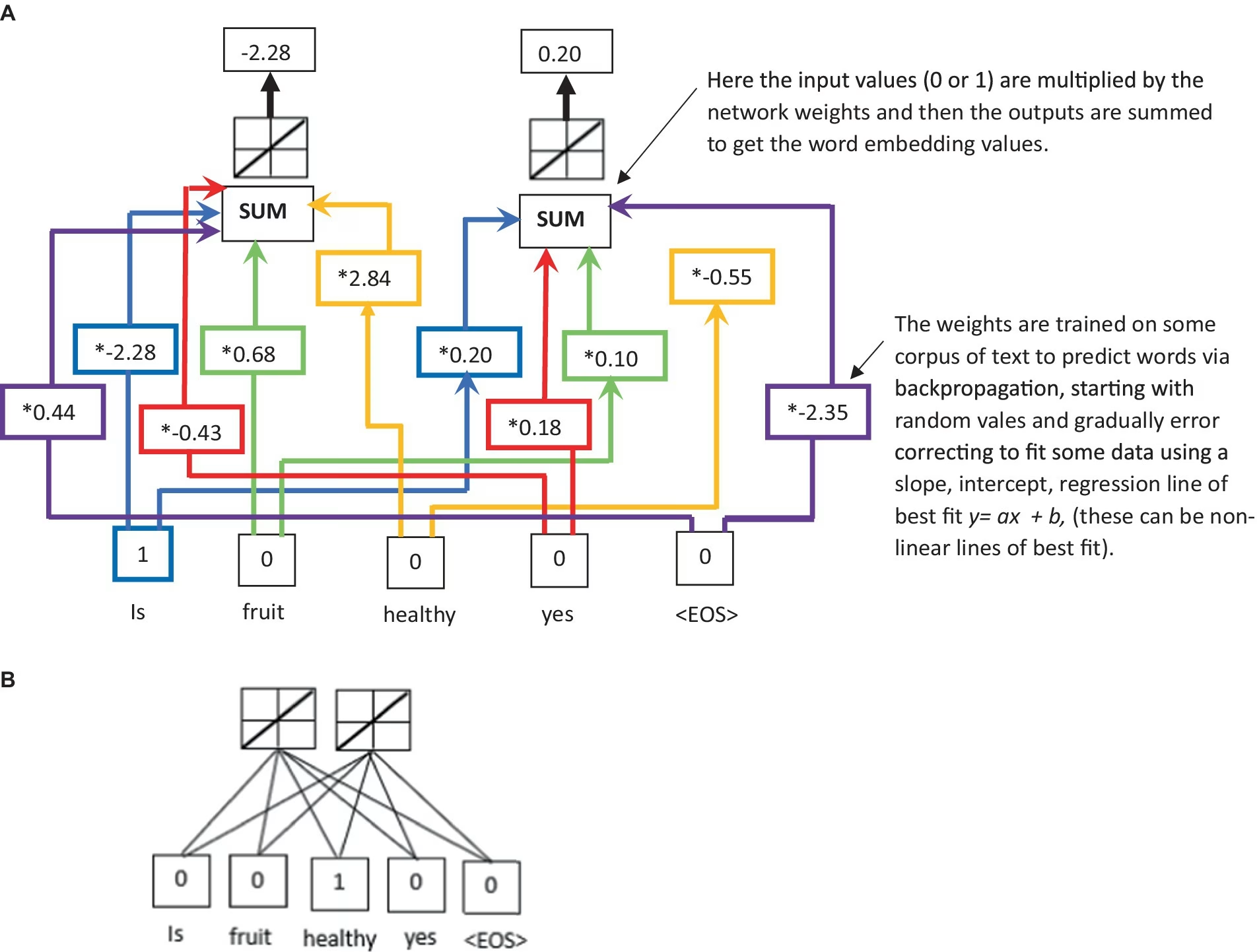
In the rapidly evolving landscape of modern medicine, technology stands as a formidable ally in the quest for better patient outcomes and enhanced efficiency. Among the various technological advancements, the integration of Machine Learning (ML) has emerged as a transformative force, reshaping how healthcare is delivered, diagnosed, and managed. From streamlining administrative tasks to aiding in complex medical procedures, the applications of ML in the medical industry are vast and multifaceted, promising a future where healthcare is not only more effective but also more personalized and accessible.
Understanding Machine Learning in Healthcare
Before delving into the myriad applications of ML in the medical industry, it’s essential to grasp the fundamental concept of ML itself. ML is a subset of artificial intelligence (AI) that enables systems to learn from data and improve their performance over time without being explicitly programmed. This ability to analyze vast amounts of data and derive insights makes ML particularly valuable in healthcare, where data abundance is a defining characteristic.
Diagnostic Advancements
One of the most impactful applications of machine learning in healthcare is in the realm of diagnostics. ML algorithms can analyze medical images, such as X-rays, MRIs, and CT scans, with remarkable accuracy, aiding in the detection and diagnosis of various conditions ranging from tumors to fractures. For instance, deep learning algorithms have shown promise in identifying signs of diabetic retinopathy from retinal images, potentially enabling earlier detection and intervention to prevent vision loss.
Personalized Treatment Plans
ML algorithms can also help in developing personalized treatment plans tailored to individual patients’ unique characteristics. By analyzing vast datasets containing information about patient demographics, genetic profiles, medical histories, and treatment outcomes, ML models can identify patterns and predict which treatments are most likely to be effective for specific patients. This personalized approach to medicine holds the potential to optimize treatment efficacy while minimizing adverse effects, ultimately leading to better patient outcomes.
Predictive Analytics
Predictive analytics powered by ML algorithms can forecast patient outcomes and identify individuals at high risk of developing certain medical conditions. By analyzing diverse datasets encompassing patient demographics, lifestyle factors, and medical history, these algorithms can flag patients who may benefit from preventive interventions or closer monitoring. For example, ML models can predict the likelihood of readmission for patients with chronic diseases, enabling healthcare providers to intervene proactively and prevent costly hospitalizations.
Drug Discovery and Development
ML is revolutionizing the process of drug discovery and development, traditionally a lengthy and expensive endeavor. By analyzing vast repositories of biological data, including genomic sequences, protein structures, and molecular interactions, ML algorithms can identify potential drug candidates more efficiently than traditional methods. Moreover, ML can optimize clinical trials by identifying patient populations most likely to respond to experimental treatments, accelerating the drug development process and reducing costs.
Operational Efficiency and Resource Allocation
Beyond clinical applications, ML is also driving improvements in healthcare operations and resource allocation. Predictive analytics can forecast patient demand, allowing healthcare facilities to optimize staffing levels and resource allocation accordingly. Additionally, ML algorithms can automate administrative tasks such as billing, coding, and scheduling, freeing up healthcare professionals to focus on patient care. By streamlining operations and maximizing efficiency, ML contributes to the overall sustainability of healthcare systems.
Ethical Considerations and Challenges
While the potential benefits of integrating ML into healthcare are undeniable, this technological advancement also raises important ethical considerations and challenges. Privacy concerns surrounding the use of patient data must be carefully addressed to ensure confidentiality and protect against unauthorized access or misuse. Moreover, the inherent complexity of ML algorithms poses challenges in terms of interpretability and transparency, raising questions about accountability and the potential for algorithmic bias.
Conclusion
The application of ML in the medical industry represents a paradigm shift in healthcare delivery, promising to enhance diagnostic accuracy, personalize treatment approaches, and improve operational efficiency. From diagnostic advancements to personalized treatment plans and predictive analytics, ML is revolutionizing every facet of healthcare. However, as we embrace these transformative technologies, it is essential to remain vigilant about addressing ethical considerations and overcoming challenges to ensure that the benefits of ML are realized equitably and responsibly. With continued innovation and collaboration between healthcare professionals, technologists, and policymakers, ML has the potential to usher in a new era of healthcare that is not only more effective and efficient but also more accessible and patient-centered.




